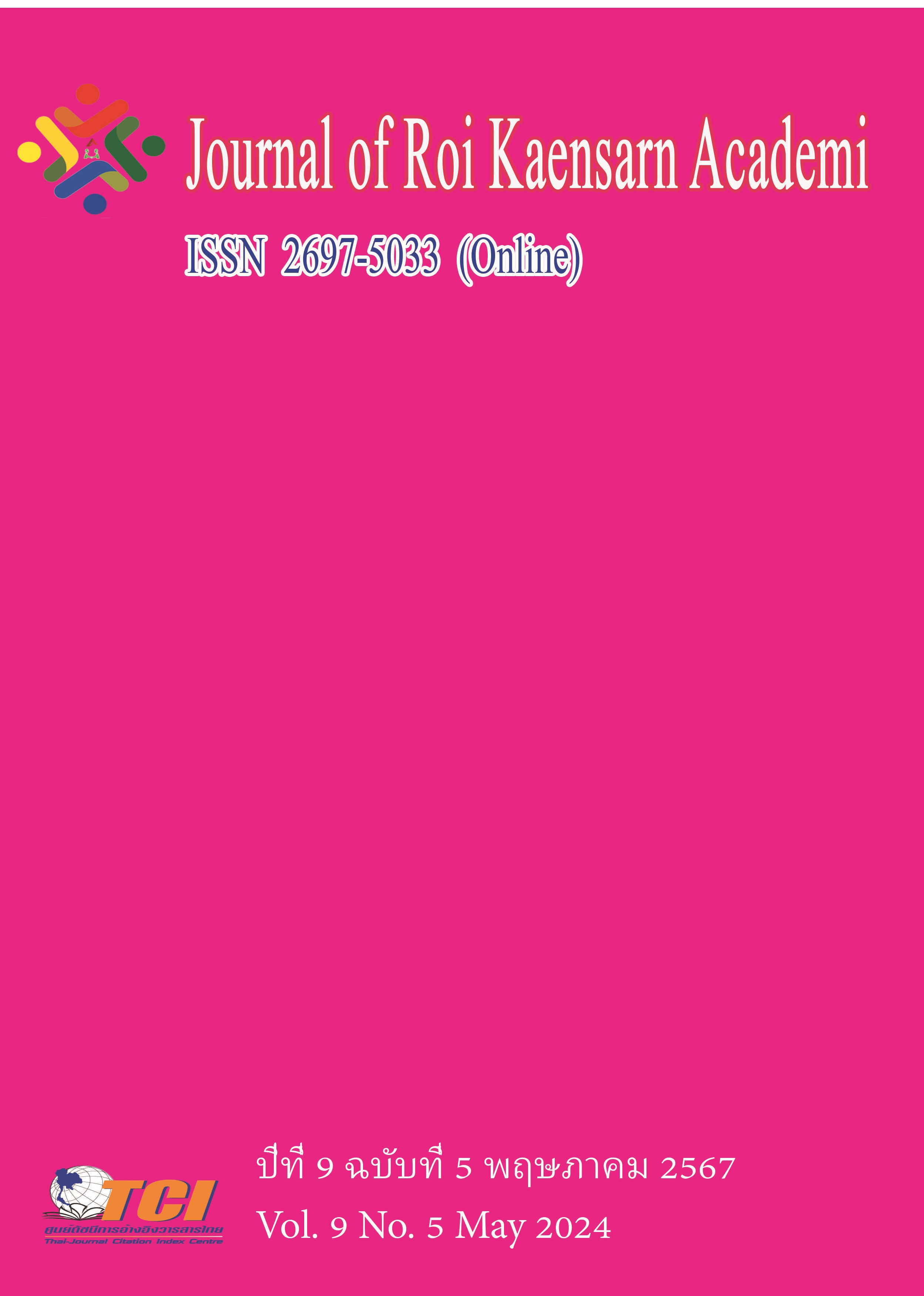The Invention of Tradition of Folk Festivals in the Context of Urban Revitalization: A Case Study of the Peony Culture Festival in Luoyang China
Main Article Content
บทคัดย่อ
"Luoyang Peony is peerless in the world". Modern Luoyang people have "invented" the regional unique peony festival ceremony and peony festival culture based on the symbolic peony cultural tradition of the region, which contains rich and diverse connotations and has become a cultural gateway for people to understand the region. In this study, qualitative research methods are used and the representative Peony Cultural Festival in Luoyang is taken as a case study. The objectives of this study are: (1) to study the process of formation, development, restoration and invention of the Luoyang Peony Cultural Festival using the theory of "Invention of Tradition"; (2) to study the promotion of the Luoyang Peony Cultural Festival to the urban renaissance of Luoyang using the theory of "Urban Revitalization".
The literature method, general interview method and participant observation method were used to obtain research information. Research findings: (1) The Luoyang Peony Cultural Festival is not a fresh invention, but a tradition invented under the inheritance of the Luoyang peony culture; (2) In contemporary times, the Luoyang Peony Cultural Festival continues to form new inventions that continue to be inherited, and the Festival promotes the development of the city of Luoyang in terms of the economy, culture, and urban environment.
Article Details
เอกสารอ้างอิง
Allen, J., Harris, R., Jago, L., Tantrai, A., Jonson, P., & D'Arcy, E. (2022). Festival and special event management. John Wiley & Sons.
Bai, Zhilun. (2019). Luoyang Peony Cultural Festival in the Perspective of Intangible Cultural Heritage. (Doctoral dissertation, China Academy of Art).
Bharucha, R. (1989). Notes on the Invention of Tradition. Economic and Political Weekly,1907-1914.
Graburn, N. (1983). The anthropology of tourism. Annals of tourism research.10, 9-33.
Hobsbawm, E., & Ranger, T. (Eds.). (2012). The invention of tradition. Cambridge University Press.
He Xiuli. (2022). Inheritance and invention of the tradition of Confucius Ceremony in Qufu. (Doctoral dissertation, Shandong Academy of Arts).
Jagiello, R., Heyes, C., & Whitehouse, H. (2022). Tradition and invention: The bifocal stance theory of cultural evolution. Behavioral and Brain Sciences, 45, e249.
Kim, C. W.,& Wang, H. F.(2009). The Peony of Luoyang. Shaanxi People's Fine Arts Publishing House.
Lin Xiaomin., Wang Shaoxian., & Chen Genqiang. (2017). Chinese Peony Culture. China Agricultural Press.
Liu Huiping., Huang Jingchun., Zhong Zongxian., Liu Xiaofeng., Xuan Bingshan. (2007). Between "Tradition" and "Invention": Reflections on Contemporary Folk Culture Research. Folk Culture Forum. 3 (1), 23.
Llopis-Amorós, M. P., Gil-Saura, I., Ruiz-Molina, M. E., & Fuentes-Blasco, M. (2019). Social media communications and festival brand equity: Millennials vs Centennials. Journal of Hospitality and Tourism Management, 40, 134-144.
Morgan M. (2008). What makes a good festival? Understanding the event experience. Event Management,10: 81-93.
Quinn, B. (2020). Arts festivals and the city. Culture-led urban regeneration, 85-101.
Rigsby, B. (2006). Custom and tradition: Innovation and invention. Macquarie LJ,6,113.
Tyne, J.L. (1951). The Assumption in Tradition. Thought: Fordham University Quarterly, 26 (4), 522-533.

